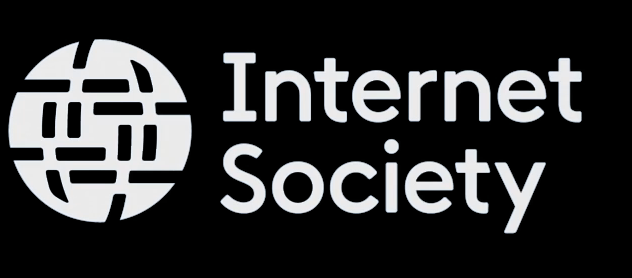Ron Morrison

Ron Morrison is a designer, artist, and urbanist. Their practice works to create strategies using art and design that help people understand how urban systems work and how to act within their fissures and inconsistencies. From these dissonant spaces we learn to rework and retune systems towards an increased potential for collaboration and action. They believe that people should have full access to shaping their cities and communities and see design as a medium for creating knowledge and moving beyond paralysis in the face of complexity. From building open source platforms to upend the continued practice of solitary confinement to crafting community based archives to combat gentrification, their work investigates cartographies of slow violence, dispossession, embodied data, and blackness. They have been a collaborator with design teams that implemented projects in New Orleans, Ghana, Colombia, Ethiopia, New York, and Venice and have had work featured in AIA New York, the UN World Urban Forum, and the Tribeca Film Festival. They currently teach in the School of Design Strategies at Parsons School of Design.
Presenting with Jen Kagan and Frances Lee
Decolonial Design, Black Geographies, and Critical Packet Sniffing
Detroit-based organizer and archivist Paige Watkins has described their work as "laying a conduit across which stories can travel."
We’re thinking about networks in this metaphorical way, as the web of stories and frameworks that shape our understanding of what is possible and desirable. Made material through research practices, we turn to examples from The Negro Motorist Green Book and the U.S. postal service, and open wi-fi networks and packet sniffing tools. By centering these examples, we problematize understandings of networks as neutral and instead stretch our own assumptions making visible their cracks and fissures; uncovering old stories no longer remembered in the hopes of substantiating a future not yet conceived that allows us to survive and upend capitalism, colonialism, and white supremacy; relentlessly striving for new ways forward. We hope to use the panel to have a public conversation about our experiences doing this work in different corners of decolonial design, black geographies, and critical technology worlds.


